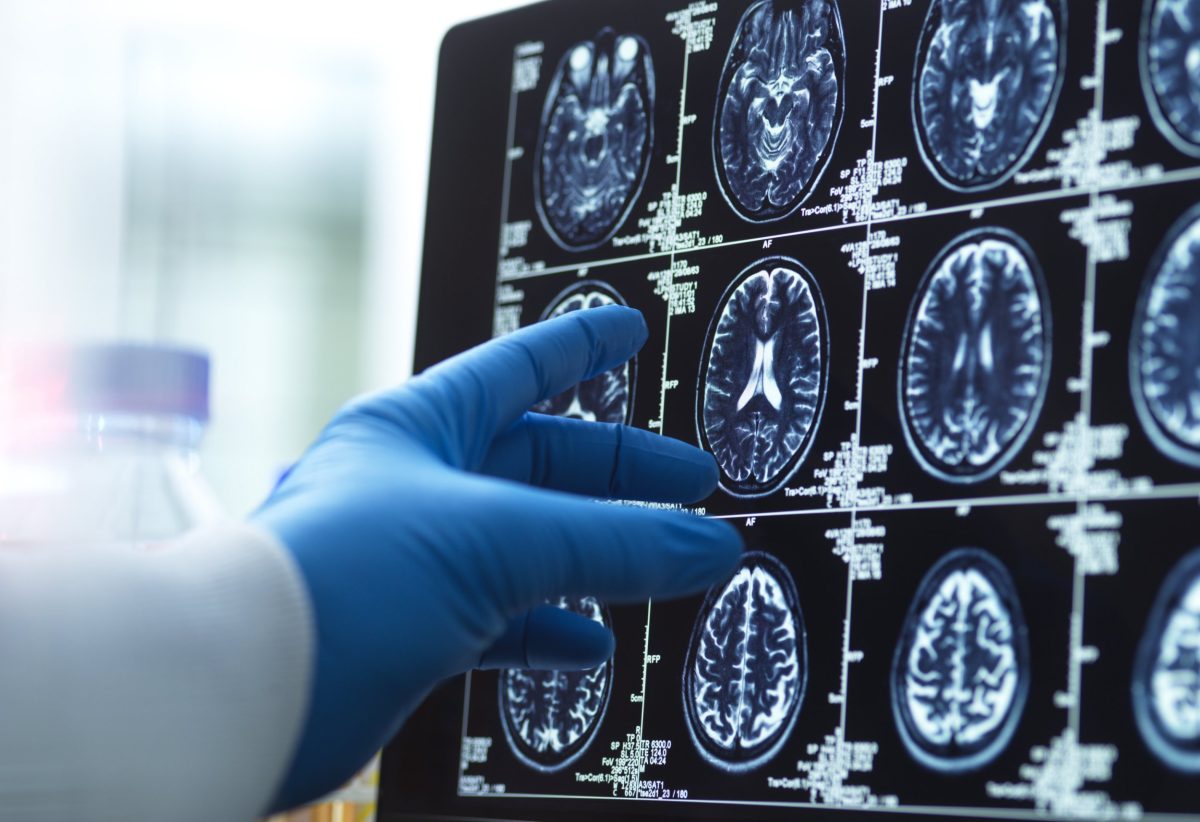Science
New Blood Test for Alzheimer’s Could Transform Diagnosis and Care

A new blood test aimed at diagnosing Alzheimer’s disease is being trialed across the United Kingdom, with the potential to significantly improve early diagnosis and treatment for patients. This major trial, involving 1,100 British patients from memory clinics, seeks to determine the effectiveness of the test in routine NHS practice. If successful, it could be available to the public by 2028.
Currently, diagnosing dementia, including Alzheimer’s, poses significant challenges due to the complexity of the disease and the variety of conditions that can affect memory. Traditional methods, such as brain scans and spinal fluid tests, are invasive and often lead to long wait times for results. The new blood test, which detects the protein p-tau217, could streamline this process, allowing for quicker and more accurate diagnoses.
According to Sheona Scales, head of research at Alzheimer’s Research UK, “Getting an early and accurate diagnosis gives people the answers they need to unlock support and care.” The test identifies the accumulation of Alzheimer’s-related proteins in the brain, enabling healthcare providers to recommend treatments that may alleviate memory issues and assist families in planning for the future.
While many experts view the introduction of this blood test as a potential game changer, there are significant concerns regarding its implications. Professor Rob Howard, a dementia expert at University College London, warns that the test could lead to distress and anxiety for individuals who are informed they are on a path to Alzheimer’s years before any symptoms manifest. He notes that in some cases, the pathological changes associated with Alzheimer’s can occur decades before cognitive symptoms emerge.
The concern extends to older populations, where the test may identify individuals who possess the Alzheimer’s proteins but are unlikely to live long enough to experience the full progression of the disease. “Someone who’s 85 may have a worry about their memory and may test positive, but the likelihood is they’re actually going to die before they reach 105, when their dementia would appear,” said Howard. This raises questions about the necessity and psychological impact of early testing.
Beyond concerns about potential anxiety for patients, experts caution against the broader implications of public access to the test. Professor Jonathan Schott, a neurologist at the National Hospital for Neurology and Neurosurgery, emphasizes that testing should be limited to individuals exhibiting symptoms of cognitive impairment or dementia. “We would strongly advise against people going for testing unless they have symptoms,” he stated, highlighting the risk of unnecessary worry for those who may simply be experiencing normal age-related memory lapses.
Currently, the blood test is available for purchase in the United States, where companies advise customers to seek medical guidance before using the test. However, enforcement of these recommendations is challenging, and the UK may soon see similar access. Experts worry that increasing public awareness around Alzheimer’s could lead to a rise in individuals mistakenly believing they have the disease based on normal forgetfulness, potentially exacerbating their anxiety and cognitive concerns.
The trial will assess whether the p-tau217 blood test can improve early assessments for patients with suspected dementia, potentially allowing for more effective treatment strategies. Researchers have made significant advancements in blood testing technologies over the past five years, enabling the detection of proteins at lower concentrations than ever before. If validated for NHS use, this blood test could represent a landmark shift in how Alzheimer’s is diagnosed and treated, making the process more accessible and less invasive for patients.
As the trial progresses, healthcare professionals remain vigilant about the implications of introducing such diagnostic tools into the public domain. The balance between providing timely diagnoses and managing the psychological effects of early detection will be critical as the medical community navigates this evolving landscape.
-

 Entertainment3 months ago
Entertainment3 months agoAnn Ming Reflects on ITV’s ‘I Fought the Law’ Drama
-

 Entertainment4 months ago
Entertainment4 months agoKate Garraway Sells £2 Million Home Amid Financial Struggles
-

 Health3 months ago
Health3 months agoKatie Price Faces New Health Concerns After Cancer Symptoms Resurface
-

 Entertainment3 months ago
Entertainment3 months agoCoronation Street’s Carl Webster Faces Trouble with New Affairs
-

 Entertainment3 months ago
Entertainment3 months agoWhere is Tinder Swindler Simon Leviev? Latest Updates Revealed
-

 World2 weeks ago
World2 weeks agoBailey Announces Heartbreaking Split from Rebecca After Reunion
-

 Entertainment2 weeks ago
Entertainment2 weeks agoCoronation Street Fans React as Todd Faces Heartbreaking Choice
-

 Entertainment4 months ago
Entertainment4 months agoMarkiplier Addresses AI Controversy During Livestream Response
-

 Science1 month ago
Science1 month agoBrian Cox Addresses Claims of Alien Probe in 3I/ATLAS Discovery
-

 Health5 months ago
Health5 months agoCarol Vorderman Reflects on Health Scare and Family Support
-

 Entertainment4 months ago
Entertainment4 months agoKim Cattrall Posts Cryptic Message After HBO’s Sequel Cancellation
-

 Entertainment3 months ago
Entertainment3 months agoOlivia Attwood Opens Up About Fallout with Former Best Friend




















